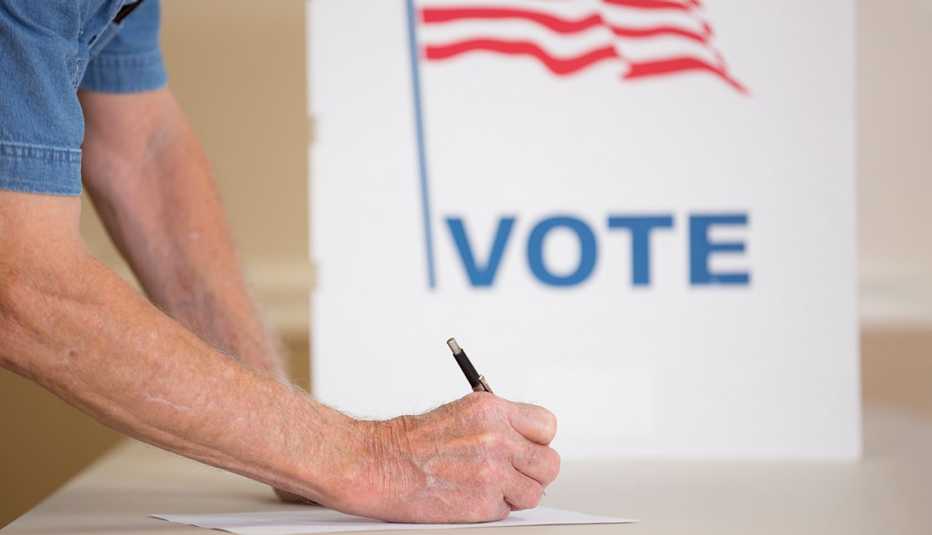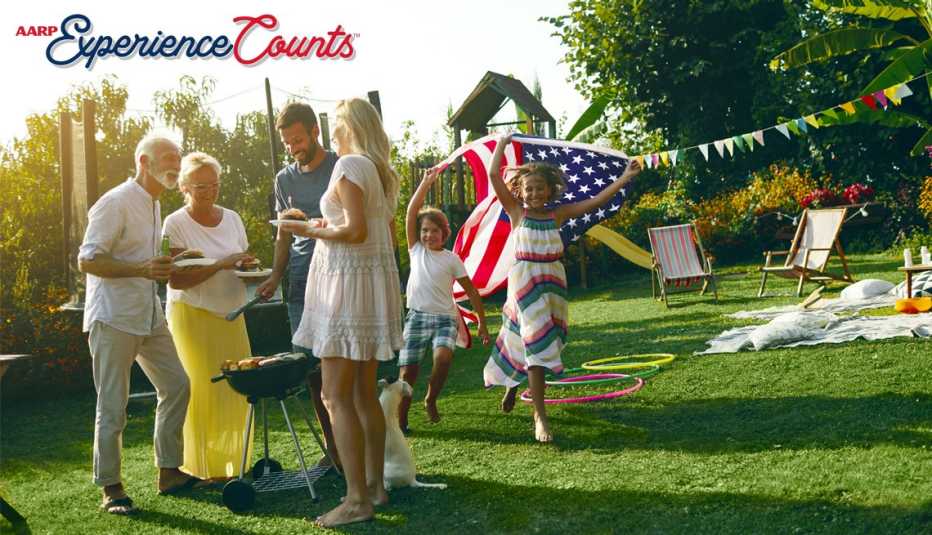Staying Fit


I live in New Hampshire, the first-in-the-nation primary state. Campaign season started here more than a year ago. I’ve met most of the major candidates by attending campaign events at diners and college auditoriums. We have already cast our ballots.
Yet, for most Americans, primary season is just ramping up.


AARP Membership— $12 for your first year when you sign up for Automatic Renewal
Get instant access to members-only products and hundreds of discounts, a free second membership, and a subscription to AARP the Magazine.
All the major candidates tend to focus their campaign resources in the first four nominating states: Iowa, New Hampshire, South Carolina and Nevada.
On March 5, however, 15 states will hold their presidential nominating contests on what has come to be known as “Super Tuesday.” A 16th state, Iowa, will also hold its caucuses for the Democratic Party nomination on Super Tuesday. Republicans cast their votes in Iowa in January.
The impact of Super Tuesday is hard to overstate. States voting that day include Texas and California, the two most populous in the nation. More than 30 percent of American voters will have the opportunity to cast their ballots on Super Tuesday.
Super Tuesday is often a decisive day in presidential campaigns — a make-or-break moment that can all but assure a candidate’s victory. Big wins on Super Tuesday sealed the nominations for George H.W. Bush in 1988, Bill Clinton in 1992, Bob Dole in 1996 and Al Gore and George W. Bush in 2000.


You can subscribe here to AARP Experience Counts, a free e-newsletter published twice a month. If you have feedback or a story idea then please contact us here.
So, how did Super Tuesday come about? It is a relatively recent invention in American politics, as is the whole primary system.
How did it work before primaries?
The first Super Tuesday was held in the 1980s. The modern primary system— in which every state holds a primary or nominating caucus — is a byproduct of the riots at the 1968 Democratic National Convention.
The Founding Fathers did not envision presidential primaries. Entrenched political parties didn’t form until the early years of the republic. Before the Progressive Era, in the first two decades of the 1900s, political bosses chose their party’s presidential candidate in smoke-filled backroom deals. There was no will of the people in these decisions.
Progressive reformers wanted to make the process more democratic. In 1912, 13 states held the first presidential primaries. Wrestling power from political bosses, though, took time.
By 1916, 25 states held presidential primaries, but delegates often were not bound by the results. Theodore Roosevelt, for example, won a majority of primary votes in 1912 but failed to win the Republican Party’s nomination.
His opponent, William Howard Taft, clinched the Republican Party’s nomination by employing a strategy to “get the nomination through patronage officeholders who would be delegates to state nominating conventions,” according to historian James Chace. Backroom deals still reigned.



































































More From AARP
Quoteworthy Sayings That Still Ring True
Common phrases we use today have storied rootsThis Navy SEAL Shows You How to Win at Scrabble and Life
A retired Master Chief reveals secrets of mental toughnessTips to Maximize Your AARP Rewards Program
Navigating the deals, games, and online communities for a chance to win bigRecommended for You